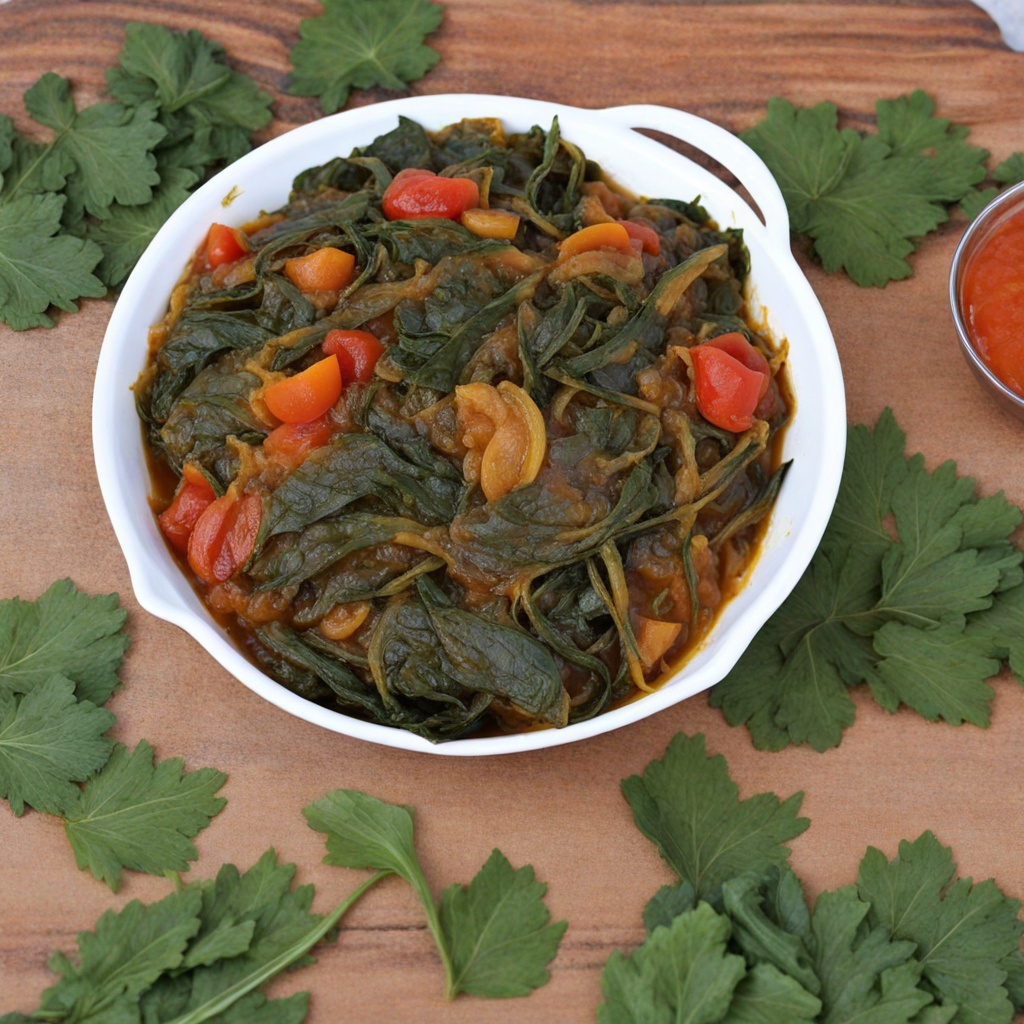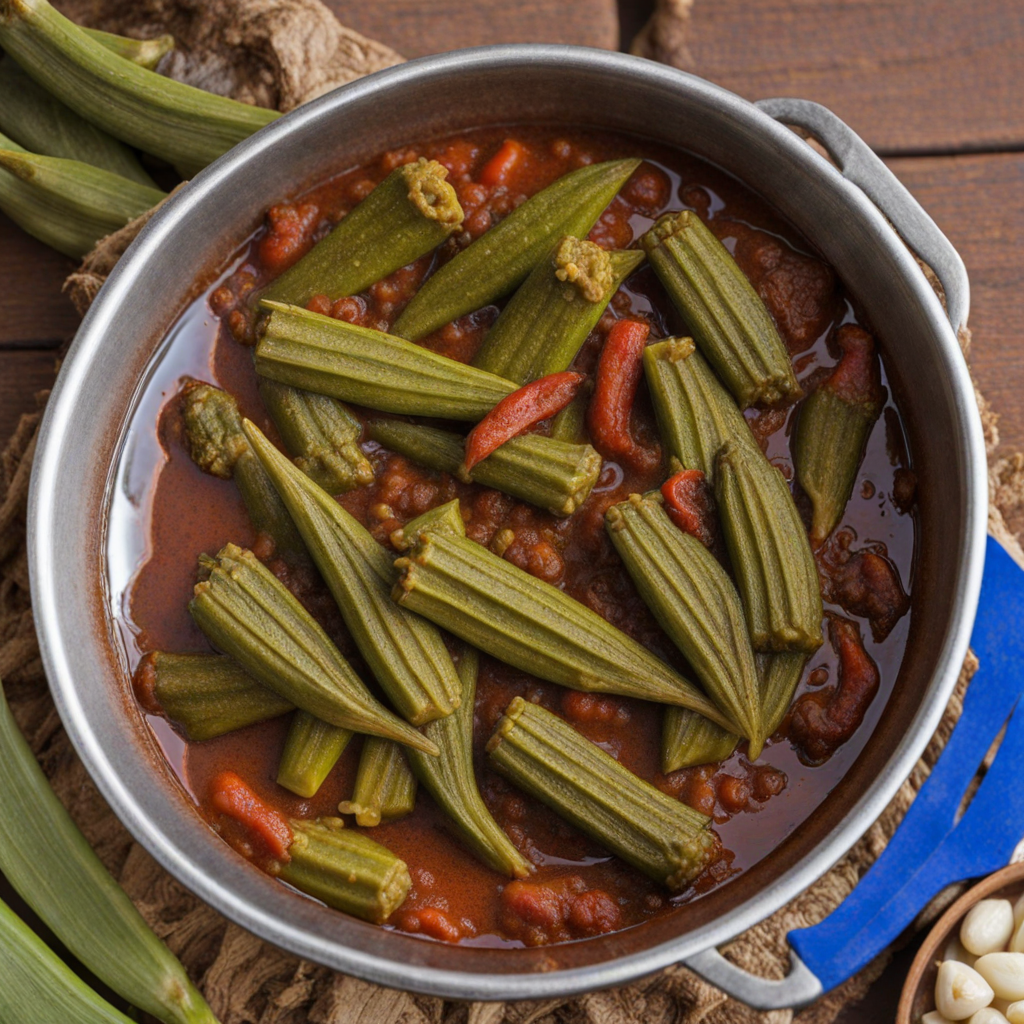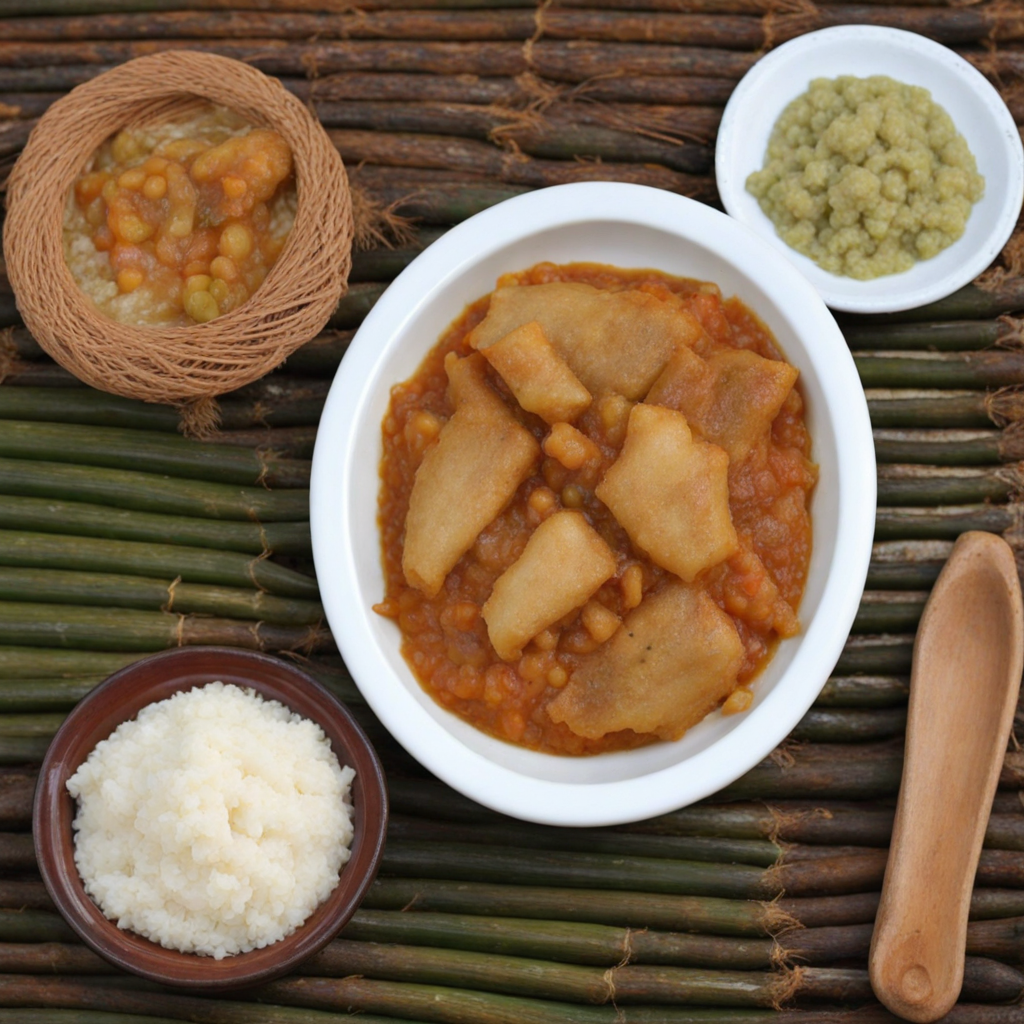Chibuku
Chibuku, often referred to as "shake-shake" beer, is a traditional alcoholic beverage made from fermented maize meal and sorghum. This unique drink has a thick, porridge-like consistency and is usually served in a calabash or plastic container, inviting a communal experience. The flavor profile of Chibuku is distinctive, with a slightly sour and yeasty taste complemented by a sweet undertone from the fermentation process. Its rustic charm lies in its unfiltered nature, which means that sediment settles at the bottom, giving it a layered appearance and a texture that varies with each sip. Upon tasting Chibuku, one may notice the earthy notes that resonate with the essence of Zambian culture and agriculture. The drink is often enjoyed chilled and is best paired with traditional Zambian dishes such as nshima (a maize-based staple), grilled meats, or vegetables. The aroma is reminiscent of fresh cornfields, evoking a sense of nostalgia and connection to the land. Chibuku is not just a drink; it's a celebration of community, often enjoyed during social gatherings and festivities, where sharing becomes an integral part of the experience. While Chibuku may initially seem unconventional to those unfamiliar with its texture and taste, it offers an adventurous palate the opportunity to explore the vibrant flavors of Zambia. The beverage has gained popularity beyond its borders, attracting those curious about authentic African cuisine and local traditions. For anyone willing to embrace its unique characteristics, Chibuku promises a delightful journey into the heart of Zambian culinary heritage, encouraging a deeper appreciation for the simplicity and richness of traditional brewing methods.
How It Became This Dish
The History of Chibuku: Zambia's Traditional Brew Chibuku, often referred to as "Chibuku Shake Shake," is a traditional beer that holds a special place in the hearts of many Zambians. This rustic beverage, made primarily from maize (corn) and sorghum, is more than just a drink; it is a cultural symbol, a social lubricant, and a connection to Zambia's rich history. To understand Chibuku is to delve into the very essence of Zambian culture, community, and identity. #### Origins of Chibuku The origins of Chibuku can be traced back to the traditional brewing practices of various tribes in Zambia, especially the Bemba and the Tonga people. Historically, the fermentation of grains has been a common practice in many African cultures, where beer has long been a part of social and spiritual life. This particular brew likely evolved from indigenous methods of brewing that date back centuries, utilizing locally available ingredients. For many Zambians, brewing beer was not just about producing an alcoholic beverage; it was an integral part of communal gatherings and rituals. Chibuku was often brewed for celebrations, weddings, and funerals, signifying its importance in social bonding and cultural ceremonies. The process of brewing was typically a communal activity, with women playing a central role. They would gather to prepare the ingredients, ferment the mixture, and then share the fruits of their labor with the community. #### Cultural Significance Chibuku transcends mere consumption; it embodies the spirit of togetherness and cultural heritage. In many Zambian communities, sharing Chibuku is a gesture of hospitality and friendship. It is common for a host to offer Chibuku to guests as a sign of respect and welcome, creating an atmosphere of warmth and camaraderie. Moreover, Chibuku is deeply intertwined with traditional ceremonies. In the Bemba culture, for instance, it is customary to serve Chibuku during important rites of passage, such as initiation ceremonies and weddings. The drink is often accompanied by traditional foods, enhancing the overall experience and reinforcing social bonds. Chibuku also has spiritual significance. Some communities believe that the brewing of beer connects them to their ancestors, serving as a medium for communication with the spiritual world. In this context, Chibuku is more than just a drink; it is a conduit for cultural identity, tradition, and spirituality. #### Development Over Time The evolution of Chibuku reflects broader social and economic changes in Zambia. By the mid-20th century, as urbanization began to take hold, traditional brewing methods faced challenges. The introduction of commercial breweries and the influx of Western-style beers altered the landscape of alcohol consumption in Zambia. However, Chibuku remained popular, particularly in rural areas where traditional practices were still valued. In the 1960s, the first commercial production of Chibuku began in Zambia, spearheaded by the Zambia Breweries Limited. This marked a significant turning point in the drink's history, as it transitioned from a purely traditional beverage to a commercially produced product. The commercial version of Chibuku retained the original flavors and qualities of the traditional brew but was packaged in a more accessible format. The iconic carton, known for its distinct packaging, became a familiar sight in Zambian markets. Despite its commercialization, Chibuku has maintained its cultural relevance. It continues to be a staple at social gatherings, and many Zambians still prefer the traditional version brewed at home. The dichotomy between traditional and commercial brewing has generated a fascinating dynamic within Zambian society, where both forms coexist and are celebrated. #### Modern-Day Chibuku In contemporary Zambia, Chibuku has not only survived but thrived, adapting to the changing landscape of food and drink. The beer has gained recognition beyond Zambia’s borders, with some international markets showing interest in this distinctive brew. This has led to discussions about the potential for Chibuku to be recognized as a cultural heritage product, similar to other traditional beverages worldwide. Today, Chibuku is celebrated in various forms. The "Shake Shake" variant, known for its distinct method of preparation—where the drink is vigorously shaken before serving—adds to the experience. This preparation method enhances the beer's texture and flavor, contributing to its unique identity. Chibuku is also a focal point in local festivals and celebrations, where it is often featured prominently. Events such as the Kuomboka ceremony of the Lozi people see Chibuku served in large quantities, reinforcing its role in Zambian cultural expressions. Furthermore, Chibuku has found its way into the culinary scene, with chefs experimenting by incorporating it into various recipes, from marinades to desserts. #### Challenges and Future Prospects Despite its rich legacy, Chibuku faces challenges in the modern age. The rise of global beer brands and changing consumer preferences pose threats to traditional beverages. However, there is a growing movement among Zambians to embrace and promote local products, which bodes well for Chibuku’s future. Efforts to market and celebrate Chibuku as a unique cultural product can help preserve its legacy while attracting new generations. Additionally, there is potential for Chibuku to be included in initiatives aimed at promoting sustainable agriculture and supporting local farmers. As Zambia seeks to capitalize on its agricultural strengths, Chibuku can serve as a model for how traditional practices can coexist with modern economic development. #### Conclusion Chibuku is more than just a beer; it is a symbol of Zambian identity, culture, and community. Its journey from traditional brew to commercial product reflects the resilience of Zambian culture amidst changing social dynamics. As Chibuku continues to be enjoyed by new generations, it serves as a reminder of the importance of tradition, communal ties, and the rich tapestry of Zambia's culinary heritage. The future of Chibuku looks promising, with the potential to inspire a deeper appreciation for local flavors and foster a sense of pride in Zambia's unique cultural offerings.
You may like
Discover local flavors from Zambia







